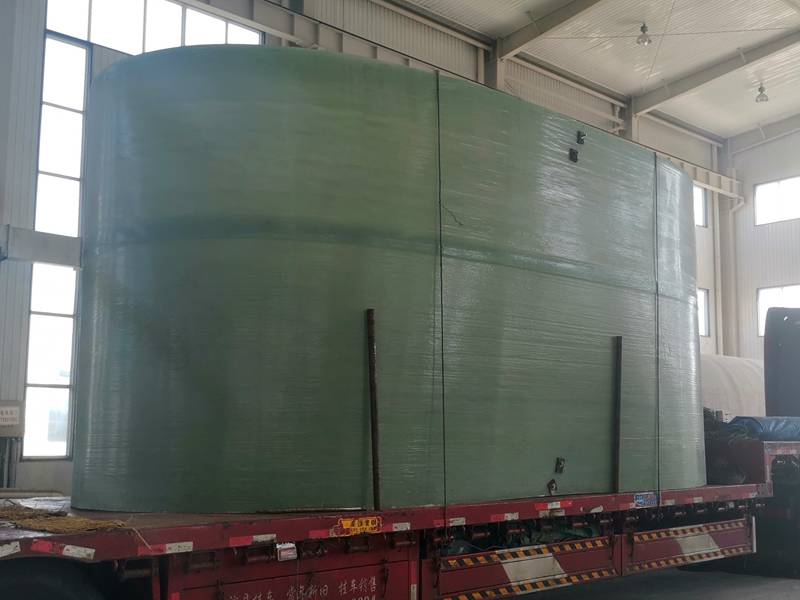
-
 Afrikaans
Afrikaans -
 Albanian
Albanian -
 Amharic
Amharic -
 Arabic
Arabic -
 Armenian
Armenian -
 Azerbaijani
Azerbaijani -
 Basque
Basque -
 Belarusian
Belarusian -
 Bengali
Bengali -
 Bosnian
Bosnian -
 Bulgarian
Bulgarian -
 Catalan
Catalan -
 Cebuano
Cebuano -
 China
China -
 China (Taiwan)
China (Taiwan) -
 Corsican
Corsican -
 Croatian
Croatian -
 Czech
Czech -
 Danish
Danish -
 Dutch
Dutch -
 English
English -
 Esperanto
Esperanto -
 Estonian
Estonian -
 Finnish
Finnish -
 French
French -
 Frisian
Frisian -
 Galician
Galician -
 Georgian
Georgian -
 German
German -
 Greek
Greek -
 Gujarati
Gujarati -
 Haitian Creole
Haitian Creole -
 hausa
hausa -
 hawaiian
hawaiian -
 Hebrew
Hebrew -
 Hindi
Hindi -
 Miao
Miao -
 Hungarian
Hungarian -
 Icelandic
Icelandic -
 igbo
igbo -
 Indonesian
Indonesian -
 irish
irish -
 Italian
Italian -
 Japanese
Japanese -
 Javanese
Javanese -
 Kannada
Kannada -
 kazakh
kazakh -
 Khmer
Khmer -
 Rwandese
Rwandese -
 Korean
Korean -
 Kurdish
Kurdish -
 Kyrgyz
Kyrgyz -
 Lao
Lao -
 Latin
Latin -
 Latvian
Latvian -
 Lithuanian
Lithuanian -
 Luxembourgish
Luxembourgish -
 Macedonian
Macedonian -
 Malgashi
Malgashi -
 Malay
Malay -
 Malayalam
Malayalam -
 Maltese
Maltese -
 Maori
Maori -
 Marathi
Marathi -
 Mongolian
Mongolian -
 Myanmar
Myanmar -
 Nepali
Nepali -
 Norwegian
Norwegian -
 Norwegian
Norwegian -
 Occitan
Occitan -
 Pashto
Pashto -
 Persian
Persian -
 Polish
Polish -
 Portuguese
Portuguese -
 Punjabi
Punjabi -
 Romanian
Romanian -
 Russian
Russian -
 Samoan
Samoan -
 Scottish Gaelic
Scottish Gaelic -
 Serbian
Serbian -
 Sesotho
Sesotho -
 Shona
Shona -
 Sindhi
Sindhi -
 Sinhala
Sinhala -
 Slovak
Slovak -
 Slovenian
Slovenian -
 Somali
Somali -
 Spanish
Spanish -
 Sundanese
Sundanese -
 Swahili
Swahili -
 Swedish
Swedish -
 Tagalog
Tagalog -
 Tajik
Tajik -
 Tamil
Tamil -
 Tatar
Tatar -
 Telugu
Telugu -
 Thai
Thai -
 Turkish
Turkish -
 Turkmen
Turkmen -
 Ukrainian
Ukrainian -
 Urdu
Urdu -
 Uighur
Uighur -
 Uzbek
Uzbek -
 Vietnamese
Vietnamese -
 Welsh
Welsh -
 Bantu
Bantu -
 Yiddish
Yiddish -
 Yoruba
Yoruba -
 Zulu
Zulu
frp insulation tank
The Importance of FRP Insulation Tanks
In today's rapidly evolving industrial landscape, the demand for efficient and reliable storage solutions has never been greater. One such innovation is the use of Fiber-Reinforced Plastic (FRP) insulation tanks, which have gained popularity in various sectors, including chemical processing, water treatment, and food production. These tanks provide a superior solution to conventional storage options, mainly due to their lightweight composition, durability, and thermal efficiency.
Understanding FRP Technology
Fiber-Reinforced Plastic, commonly known as FRP, is a composite material made of a polymer matrix reinforced with fibers, typically glass or carbon. This combination results in a product that boasts an impressive strength-to-weight ratio, making it significantly lighter than traditional materials like steel or concrete. The insulation properties of FRP play a critical role in minimizing heat transfer, thereby maintaining the desired temperature of the stored liquids. This feature is particularly attractive for industries dealing with temperature-sensitive materials.
Benefits of FRP Insulation Tanks
One of the primary advantages of FRP insulation tanks is their excellent resistance to corrosion. Unlike metal tanks, which can rust and degrade over time, FRP tanks can withstand harsh chemicals and environmental conditions. This characteristic not only ensures a longer lifespan for the storage solution but also reduces maintenance costs, making FRP a cost-effective choice in the long run.
frp insulation tank

Additionally, the lightweight nature of FRP tanks simplifies transportation and installation. Industries often need to relocate their storage systems, and the ease of handling these tanks can lead to significant savings in labor and logistics. Moreover, FRP tanks can be manufactured in various shapes and sizes, providing flexibility to meet specific operational needs.
Thermal Efficiency
Thermal insulation is another pivotal aspect of FRP tanks. Effective insulation minimizes heat exchange, which is crucial for processes that require stable temperatures. This is especially vital in the food and beverage industry, where maintaining precise temperatures is essential to ensure product quality and safety. By keeping the stored content at the optimal temperature, FRP insulation tanks also reduce energy costs and consumption, aligning with the growing emphasis on sustainability and environmental responsibility.
Future Trends
As industries increasingly prioritize sustainability, the demand for eco-friendly materials is on the rise. FRP insulation tanks align with this trend due to their energy efficiency and recyclability. Many manufacturers are now exploring bio-based resins and sustainable reinforcements, further enhancing the environmental benefits of FRP technology.
In conclusion, FRP insulation tanks represent a significant advancement in storage solutions across various industries. Their unique combination of durability, corrosion resistance, thermal efficiency, and lightweight design makes them an ideal choice for modern applications. As technological advancements continue to evolve, we can expect more innovative uses and improved materials within the realm of FRP, paving the way for an even more efficient and sustainable industrial future.









